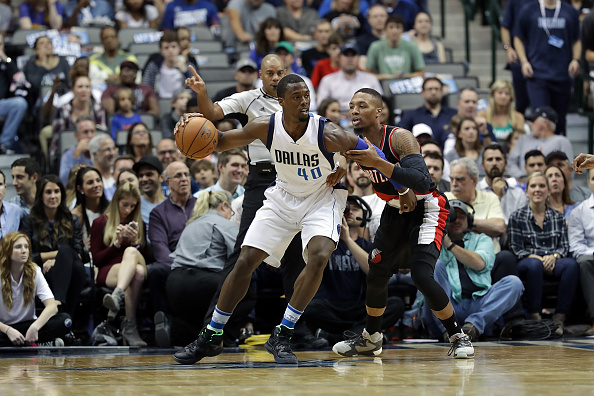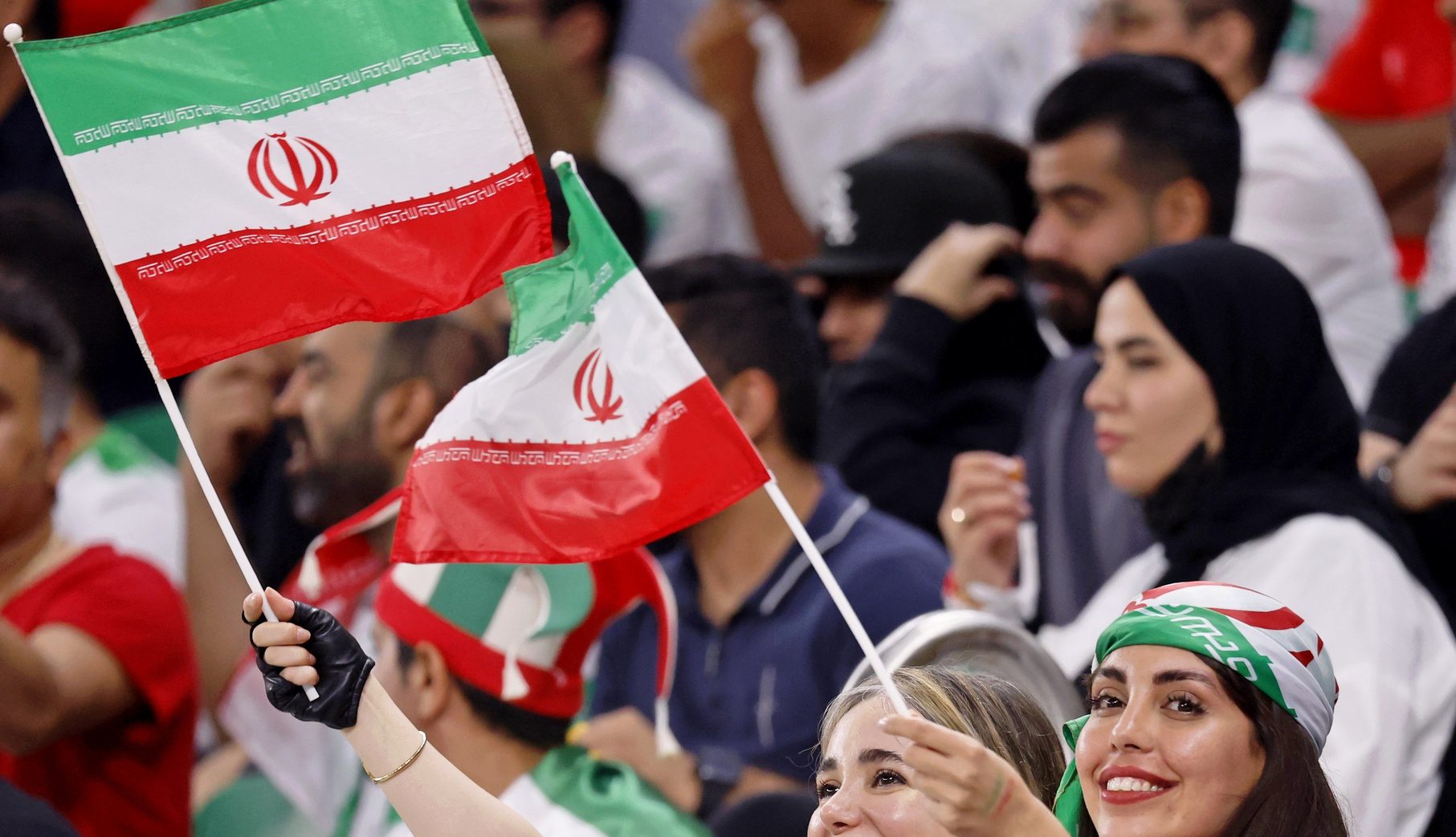Small sample sizes are a fickle representation of a professional athlete’s value. Players in any sport naturally go through stretches where they’re blazing hot or freezing cold. For free agents, joining a new team makes a small performance sample even more confusing. Fitting into a new system and putting up immediate results isn’t guaranteed.
With NBA teams now surpassing double digits in games played in the 2016-17 season, evaluating free agents with their new teams is becoming easier as the picture gets clearer. Thus far, certain players who moved to different teams have yielded mixed results for their new clubs. Here are five whose performances stand out early on.
Joakim Noah: Four years, $72 million – New York Knicks

Even with the rising salary cap spawning mammoth contracts league-wide, Noah’s deal with the Knicks wasn’t pretty. He saw a steep decline in effectiveness after his averages across the board dipped with the Bulls from 2013 to 2016. The 2014 Defensive Player of the Year, once a double-double threat, bottomed out in 2015-16. The 31-year-old was relegated to bench duty in Chicago under Fred Hoiberg averaging just 4.3 points, shooting 38 percent from the field. After re-injuring a previously aggravated shoulder, Noah missed the remainder of the season.
Knicks mastermind Phil Jackson bet on the Noah of old with the massive $72 million deal. Thus far, the gamble has failed. Noah’s proven to be an odd fit in Jeff Hornacek’s offense. Starting all 10 games for New York, he has posted paltry numbers with 4.3 points per game, 8.9 rebounds, and 3.5 assists. Noah can still serve as an above-average passing big man, defender and rebounder. But with little offensive output and the unlikelihood he suits up for all 82 games, the value isn’t there on the contract — especially long-term.
The Knicks are already starting to bench Noah during crunch-time. With the NBA moving away from traditional centers and the Knicks’ best player, Kristaps Porzingis capable of filling the role, Noah’s already obsolete. Whether or not Noah improves, his contract is already looking ugly and will only get uglier as time passes.
Justin Hamilton: Two years, $6 million – Brooklyn Nets

Brooklyn general manager Sean Marks deserves full credit for finding a quality big in Justin Hamilton from the scrap pile. Since getting drafted in 2012, Hamilton has been part of the Heat, 76ers, Bobcats, Pelicans and Timberwolves organizations with multiple overseas stops in between. Knowing he needed to take chances to field a competitive roster, Marks took a small, two-year flier on Hamilton. So far, he’s been tremendous as Brooklyn’s de facto sixth man.
Hamilton’s done a nice job spreading the floor for Brooklyn, shooting 42 percent from long distance (3.8 attempts per game) and 50 percent overall from the field. The seven-footer is at his best on a high screen-and-roll for a wide-open three.
The 26-year-old isn’t a perfect player. His defense is shoddy at best and his rebounding could be more consistent. But for $3 million per season, he’s already proven to be worth the small contract.
Washington Wizards bench

After failing to secure a meeting with Washington native Kevin Durant, the Wizards allocated cap space to improve a bench that finished 11th in scoring (36.1 PPG) but 26th in rebounding (14.3 RPG) in 2015-16. Washington’s costlier signings have provided practically nothing early in 2016-17.
The Wizards spent more than $100 million on deals with Ian Mahinmi (four years, $64 million), Jason Smith (three years, $16 million) and Andrew Nicholson (four years, $26 million). Unfortunately, Mahinmi hasn’t played yet following knee surgery, but Nicholson and Smith’s brutal production has hurt the Wiz. The duo combined for four points in a loss against the Joel Embiid-less Sixers. Not great, Bob!
Nicholson is already receiving DNPs after falling out of coach Scott Brooks’ good book with inconsistent early season results. Smith hasn’t done anything to justify consistently receiving 10+ minutes per game. The 30-year-old has posted a 0.9 PER, hitting just eight shots all season. His 38 percent shooting percentage will improve, but there’s no way the Wizards can win with Smith being one of the first bigs off the bench. But with Mahinmi out, Washington doesn’t have much choice.
Washington’s bench ranks 29th in the NBA, averaging 26 points per game. Smith and Nicholson need to step up big-time to improve the number.
Harrison Barnes: four years, $84 million – Dallas Mavericks

Barnes earned a max deal with the Mavericks, solely on potential and previous fit with the Warriors. Despite getting heavy minutes in Golden State, Barnes played a small role offensively, failing to average 10 shots, topping out at 11.7 points per game in a single season. In Dallas, Barnes has been the focal point on offense.
Through nine games, Barnes leads a depleted Mavericks (2-8) squad with 22.9 points per contest on nearly 50 percent shooting, while jacking up 18.3 shots each game. What’s changed is where Barnes is shooting. In Golden State, roughly 33 percent of his shots came from deep. In Dallas, with more shots, he’s only taken 17 percent of his shots from three. Instead, Barnes has featured a nifty mid-range game using his length to shoot over smaller defenders. He’s also thrived at using his athleticism to get to the hoop.
At 24, Barnes is still young enough to continue developing. Now that the shackles are off in Dallas, seeing his continued evolution will be one of the most intriguing storylines this NBA season. The Mavericks might be terrible, but Barnes can prove his doubters wrong with continued success. He might be a star after all.
Evan Turner: Four years. $70 million – Portland Trail Blazers

The Portland Trail Blazers doubled down on continuity this offseason, re-signing their young free agent core to massive contracts. The exception to the rule was Evan Turner. The Blazers gave Turner a huge contract to become the team’s swiss-army sixth man. Turner showed in Boston that he was a fine ball handler, a capable slasher, and deft rebounder and passer. Fitting in with a young nucleus which included Damian Lillard and C.J. McCollum, Turner profiled as the exact type of player who could help Portland take the next step.
In 12 games, Turner hasn’t found his footing. His numbers are down across the board. Most concerningly, he’s averaging 1.6 assists per turnover — sharply down from his more than 2-per-1 rate in 2015-16. The 28-year-old has also struggled to find his shot with McCollum and Lillard leading the charge. He’s hoisted up 7.8 shots per game, his lowest rate since his rookie season. The shots he’s taking aren’t falling either, converting just 37 percent from the floor. When Turner comes off the bench, he’s posted the lowest +/- a game in the NBA at -9.9. The Blazers expected him to boost the bench, not sink it.
Turner admitted he’s still trying to help the Blazers in other ways. It’s possible he’ll figure out his role with more time. But without having the same rhythm he did in Boston, Turner’s struggles could continue. At least the Celtics miss him.







